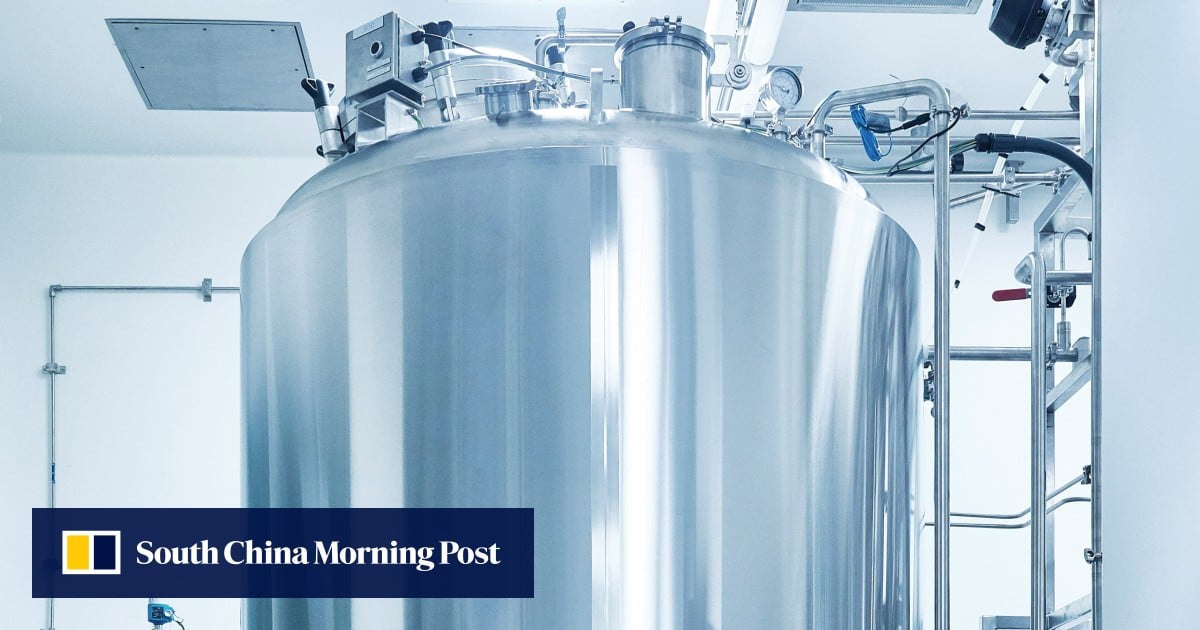
29 Mar Hong Kong cultivated seafood start-up Avant Meats seeks funds to expand Singapore pilot plant to grow groupers, snappers, eel meat from cells
Avant Meats, a cultivated seafood company that started life in Hong Kong, is planning a 30-fold expansion in its capacity to make sustainable seafood for global markets after positive response from consumers at a recent tasting event.
Global fishing practices have resulted in nearly 90 per cent of the world’s marine fish stocks becoming fully exploited, overexploited or depleted and consumption is accelerating with the US$580 billion market expected to grow by 5.3 per cent annually. Sustainable seafood comes from operations that minimise harmful environmental impacts, helping ensure healthy and resilient ocean ecosystems.
“It showed how cultivated fish can be used in Chinese cuisine, including dishes made with the spicy Sichuan mala sauce, steamed fish in ginger and spring onion,” CEO and co-founder Carrie Chan Kai-yi told the Post on the sidelines of sustainability conference One Earth Summit in Hong Kong. “We got very good feedback from the tasters … our product can also be used in pan-fried fillet, fish batter and burgers.”
While approval by the Singapore Food Agency for marketing the manufactured alternative to farmed and seafood caught in the wild is not expected until late in the year or early next year, Carrie Chan Kai-yi said feedback at a tasting event held last November has made her confident about her expansion plans.

The tasting event was held on Sentosa Island at a restaurant owned by Genting Ventures, part of Malaysian conglomerate Genting Group and an investor in the sustainable seafood company.
Investment in Asia-Pacific’s alternative-protein market surged 43 per cent to US$562 million in 2022 from 2021, according to non-profit Good Food Institute (GFI) APAC. Annual global cultivated meat sales could reach US$25 billion by 2030, according to its forecast.
Chinese cultivated meat start-up CellX launches nation’s first pilot plant
Chinese cultivated meat start-up CellX launches nation’s first pilot plant
Start-ups are betting that consumers will gradually move away from wild caught and farmed seafood, amid rising concerns of ocean microplastic pollution and increasing awareness that overfishing has weakened the ocean’s capacity to absorb excess carbon dioxide emissions which are responsible for climate change.
Singapore, whose government has been actively promoting the nascent alternative protein sector, was the first country in the world to approve the commercial production and sale of cell-grown meat when it gave the nod to San Francisco-based Eat Just’s cell-grown chicken. This was two years before the US Food and Drug Administration’s first such approval.
There are about 60 alternative protein start-ups in Singapore offering a range of sustainable food products ranging from plant-based items to cultured meat, according to Enterprise Singapore, part of the Ministry of Trade and Industry.
But funding such an enterprise can be financially onerous. Chan said the cultivated meat industry is capital intensive, referring to the company’s 2,000-litre stainless bioreactors which could cost over US$1 million each. If the costs of ancillary infrastructure, including purified water sterilisation, waste treatment and ventilation systems, are added, the total fixed asset cost – excluding factory premises – could amount to US$10 million, Chan said.
Avant Meat’s current pilot facility features bioreactors of 50 to 250 litres in capacity, where it has been growing groupers, snappers, eel meat by culturing animal cells in vitro, she noted.
The company, which started development work in 2019 at Hong Kong Science and Technology Park in Pak Shek Kok before building a pilot plant in Singapore in 2021, aims to raise funding from investors over the next few months, Chan said.
Late this year, it plans to launch a Series B round to raise “tens of million of US dollars” to fund its expansion, she added. Its mid-2022 US$10.8 million Series A funding was led by US-based S2G Ventures, following a US$3.1 million seed round in December 2020.
